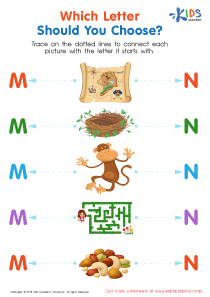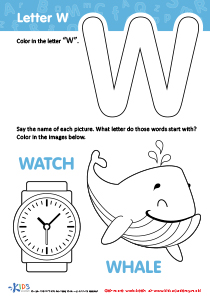Fine motor skills development Normal Kindergarten Upper & Lowercase Letters Worksheets
3 filtered results
-
From - To
Enhance your kindergarten students' fine motor skills with our Upper and Lowercase Letters Worksheets, designed specifically for young learners. These engaging activities help children develop essential handwriting abilities while mastering the alphabet. Each worksheet combines letter tracing, coloring fun, and interactive exercises that make learning enjoyable. By focusing on fine motor skills development, these worksheets not only improve dexterity but also boost confidence in writing letters correctly. Ideal for use in the classroom or at home, our resources are tailored for early education, ensuring that children build a strong foundation for their future literacy skills! Download now and inspire creativity and learning!
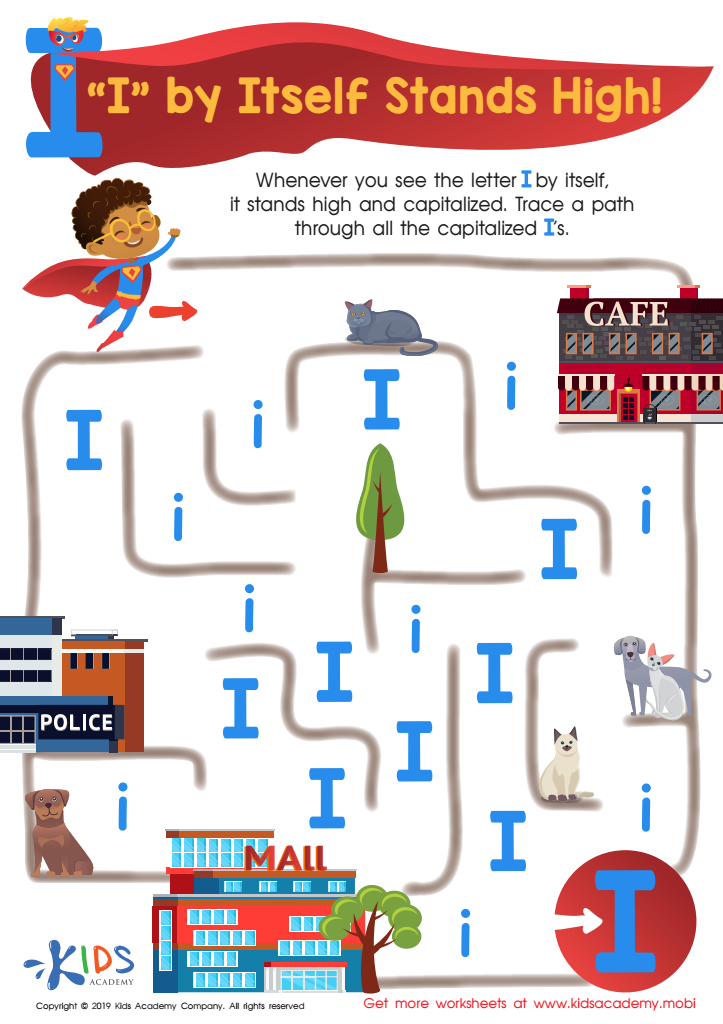

I Stands High Worksheet
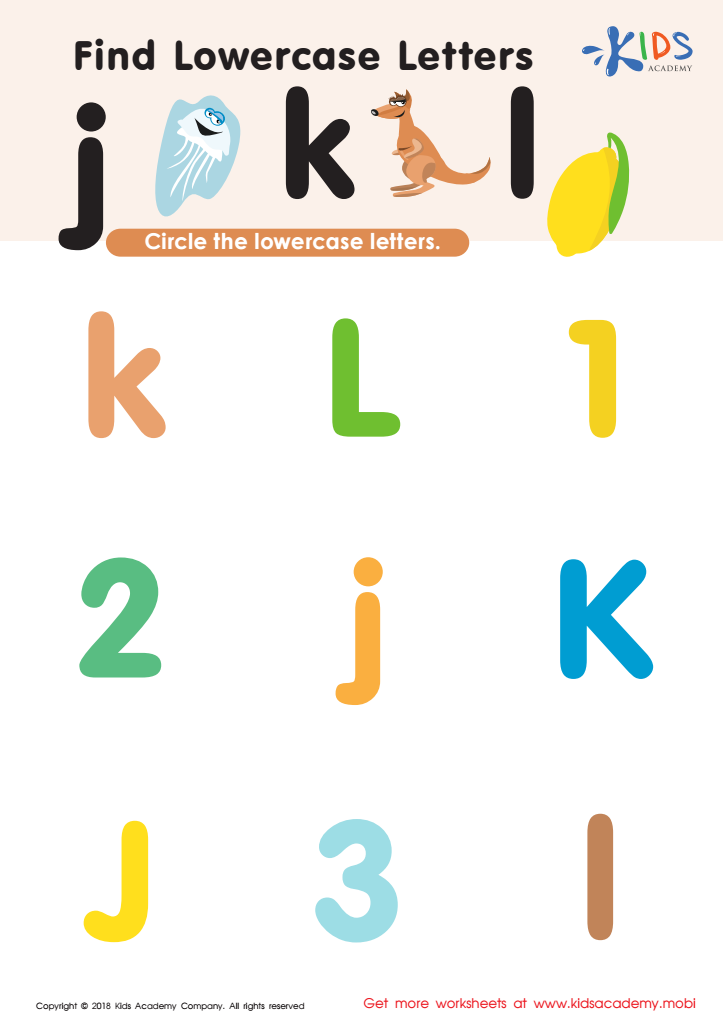

Find Lowercase Letters j k l Worksheet
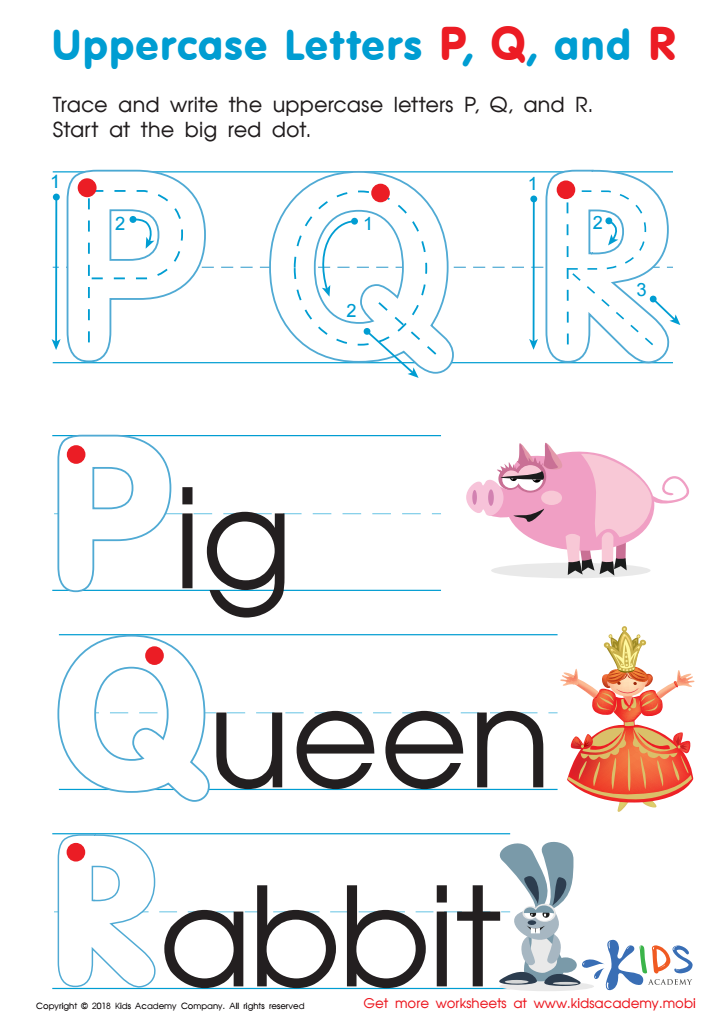

Uppercase Letters P, Q, and R Worksheet
Fine motor skills development is crucial for kindergarten students as it lays the foundation for their overall academic and personal growth. These skills encompass the ability to perform small movements with precision, using small muscle groups in the hands and fingers. As children learn to write both upper and lowercase letters, they engage in crucial fine motor activities such as gripping pencils, manipulating scissors, and organizing tools.
Developing fine motor skills allows children to gain independence and confidence in writing tasks, which is vital for their literacy development. When parents and teachers focus on these skills, they enable children to express themselves more effectively during writing activities, facilitating better communication of their thoughts and ideas.
Moreover, fine motor skills are linked to broader cognitive development. Successful writing enhances a child’s focus, creativity, and ability to sequence thoughts logically. This is especially important as they start transitioning from pre-writing scribbles to meaningful letters and sentences.
By supporting fine motor development alongside letter recognition, parents and teachers can create engaging activities, promote resilience, and foster a growth mindset, ensuring that children are well-equipped for future learning challenges. Therefore, their involvement is vital for enhancing educational outcomes.
 Assign to My Students
Assign to My Students







